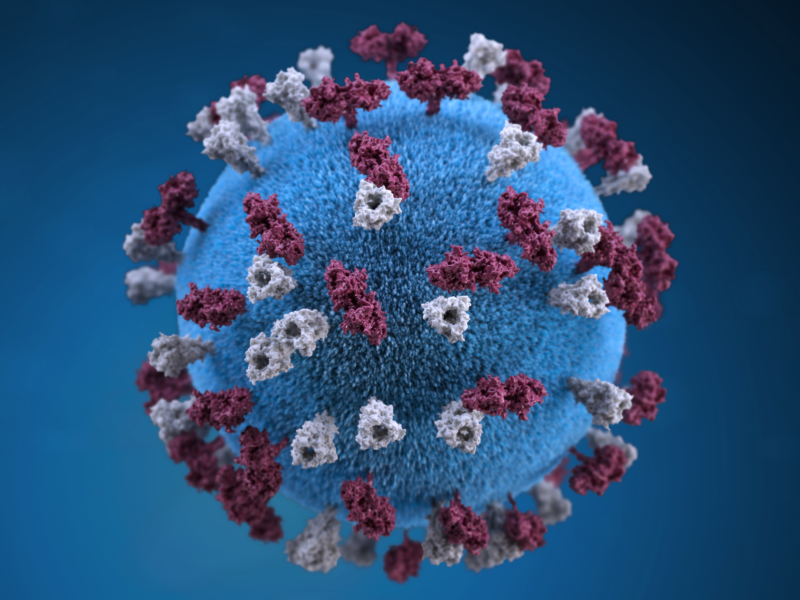Forgetting to give your dog a monthly heartworm preventive just got a lot more dangerous.
Merial (the Animal Health Division of pharmaceutical giant Sanofi) was the sole producer of Immiticide, the only FDA approved treatment for heartworm infection in dogs. It has had ongoing production problems and supplies have now run out.
Heartworms can cause devastating and potentially fatal disease in dogs. Although Heartworms are historically associated with southeastern states in the US, they have spread throughout the country and can now be found in warmer Canadian cities
Merial notified veterinarians by letter on August 4th about an interruption in production. “After mailing the Dear Doctor letter we experienced an unprecedented surge in Immiticide orders and depleted inventory much more rapidly than anticipated,” explained Natasha Mahanes, a Merial spokeswoman. The company has no anticipated date to restore production.
Veterinary clinics and animal shelters around the country are facing difficult choices as they run out of immiticide. Some shelters have already begun euthanizing dogs with the infection. The American Heartworm Society has created heartworm management guidelines to address the loss of immiticide.
These developments make heartworm preventives even more important. Unlike a vaccine which protects an individual from future infection, the goal of the monthly preventive is to kill any immature larvae that the dog acquired in the past month. This prevents the worms from maturing and moving into the heart and lungs. It is important to give heartworm preventives even at the start of harsh winters because the drug is killing the previous month’s infection. In moderate climates, the preventives are given year round.
Heartworm disease is preventable, and in an ideal world the loss of the treatment would be inconsequential. Unfortunately, many owned dogs do not receive prevention on a regular basis, and lost or unowned dogs are obviously at higher risk. Pet owners throughout the United States should discuss heartworm risks if they do not currently protect their pets from this devastating and now less treatable disease.
Information on heartworm transmission and signs of infection:
Heartworms (Dirofilaria immitis) are transmitted by mosquitoes. When a mosquito bites an infected dog, it picks up very young heartworms called microfilariae. Those microfilariae mature into larvae in the mosquito and can then be transmitted to a new dog when the mosquito feeds again. The larvae enter the new dog and mature into heartworms which can cause significant damage to the heart, lungs, and blood vessels. Dogs cannot give heartworms directly to other dogs or to humans; a mosquito is required. Humans heartworm infection is rare. It is mostly problematic because it causes lung lesions that resemble tumors and therefore result in surgical biopsy of the lung.
The signs of heartworm disease are similar to those for other heart and lung diseases: cough, exercise intolerance, abnormal lung sounds, fainting, enlarged liver, and death. Severe heartworm infection occurs when many adult worms are present.

